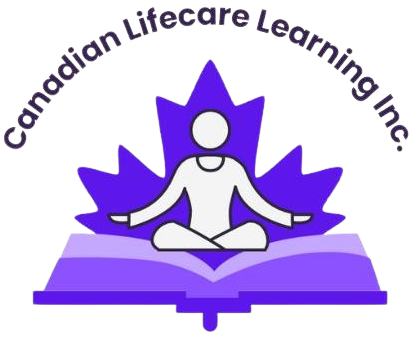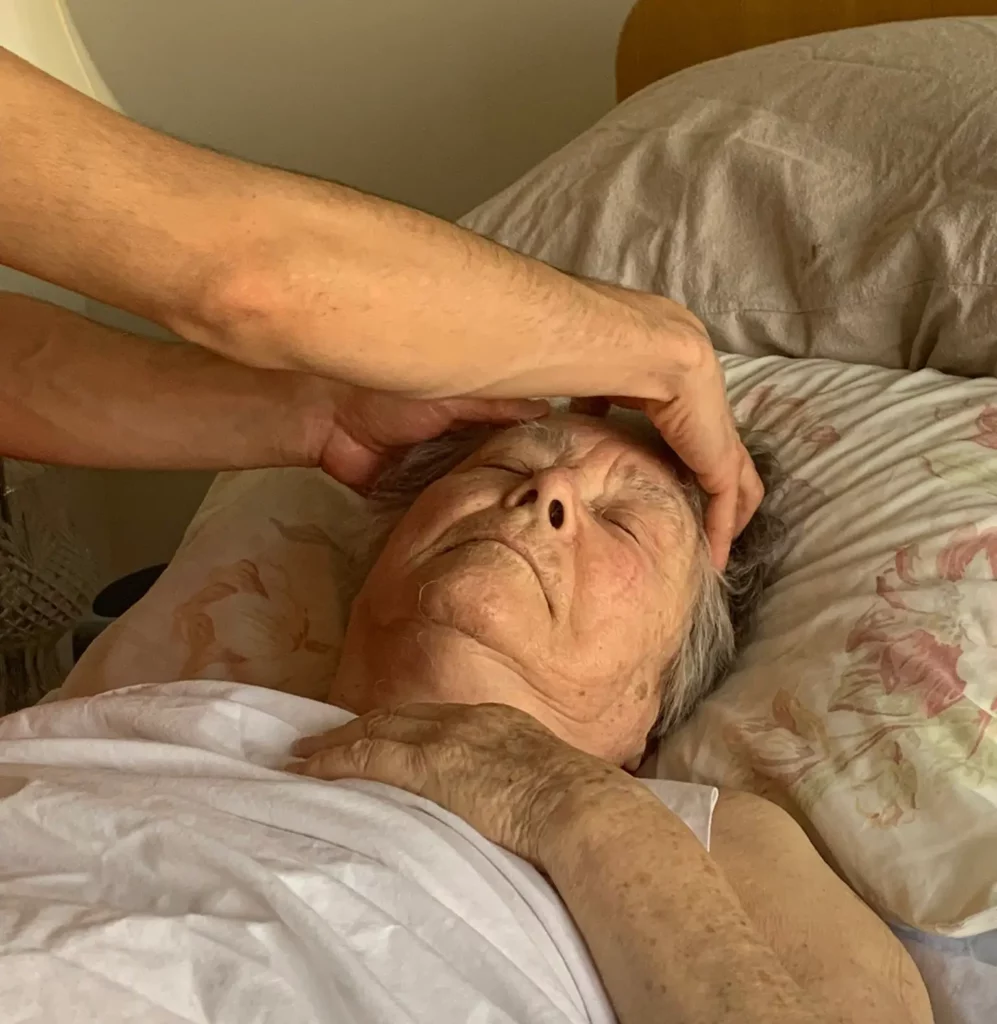
Managing Insulin Resistance through Nutrition
Are you actively involved in practicing Nutrition, eager to bolster your qualifications and expand your business by becoming a Certified Insulin Resistance Educator?
You are in the right place.
Our “ Managing insulin Resistance Through Nutrition Course “ is the best option for you.
Are you uncertain if this course meets your needs?
Some Key benefits of this training program are :
100 % Online course
Certificate will be issued
Self-paced learning, allowing you to progress at your convenience
Quick course (around 7 hours)
Lifetime access
Training program outcomes
Enhanced knowledge about plant-based nutrition for managing IR, to improve health and longevity, and how it helps prevent and treat many disease conditions like cardiovascular disease, diabetes, cancer, etc. in addition to insulin resistance.
Latest and updated knowledge about the dietary pattern strongly recommended by various health agencies including WHO, ACLM, AICR, AHA and AMA.
(There is solid scientific evidence that whole plant-based foods are anti-inflammatory and hence helpful in reducing risk of noncommunicable diseases.)
Learn how to formulate whole plant-based meals in correct proportion of each food group, for maximum benefits in terms of disease prevention and health promotion.
Learn how and why to guide your clients to care for not just their own health, but also planet health by choosing plant foods over animal foods and making healthy choices too.
Knowledge about latest dietary shift the world is going through in hope of finding a permanent solution to rising incidence of diseases like cardiovascular disease, diabetes, cancer, etc.
Training program content
Insulin resistance is linked with increased risk of type 2 diabetes, cardiovascular disease, obesity, PCOS, metabolic syndrome, MAFLD. While there are many treatment therapies available, incorporating lifestyle changes into treatment plan is mandatory for permanent results. Here’s a look at the course content.
Module 1. Normal glucose metabolism
Our body uses glucose for energy production. It is safe to say that glucose is primary fuel source for us. There is a series of biological process involved. We study them in this module.
Module 2. Pathophysiology of insulin resistance
When the physiological processes don’t function in sync, pathological changes begin. How does it happen? What goes wrong and why?
Module 3. Diagnosis of insulin resistance
Diagnosing insulin resistance is the first step towards its successful management. There are several ways it is done in clinical practice. Take a look at various diagnostic procedures.
Module 4. Lifestyle interventions for insulin resistance
Intensive therapeutic lifestyle changes help in management of insulin resistance. These address various areas like physical activity, stress, sleep, and most importantly, nutrition. We discuss these in details in this module.
Module 5. Nutrition for management of insulin resistance
In Jun2022, ACLM issued an expert consensus statement that diet can be the primary intervention for putting type 2 diabetes into remission. What kind of diet it is? What does it eliminate? Is it sustainable? We study these topics in this module.
Module 6. Formulating a meal plan for management of insulin resistance
In this module, study the principles of formulating well balanced meals that are not just nourishing but also work as ‘medicine’ for treating insulin resistance.
Module 7. Nutritional counseling
This module is about how to help your patient make sustainable lifestyle changes and manage the disease.
Module 8. Setting up business
Tricks and know-how on how to plan and set up your business as a certified ‘insulin resistance educator’.
Module 9. Case study
We discuss two different cases and practice prescribing nutrition and lifestyle changes for successful management of insulin resistance.
Requirement:
This course is suggested for individuals who possess fundamental knowledge of Nutrition.
Positive points about practicing as certified insulin resistance educator
Roles for Insulin Resistance Educators
Having certified as the “Insulin Resistance Educator” opens new avenues for the candidates. Here is a list of few roles that you may want to explore after certifying as “Insulin Resistance Educator”:
- Diabetes Management Clinics: Insulin resistance naturally progresses to type 2 diabetes if not treated on time. It is, therefore, important to manage insulin resistance to prevent progression of disease. Here, your expertise may benefit the patients.
- Geriatric Care Centers: Elderly population may be more at a risk of insulin resistance. Also, beta cell function tends to decline with age. Therefore, meaningful lifestyle changes improve quality of life.
- Weight Loss Coaching Centers: Insulin resistance is associated with weight gain and increased body fat percentage. Managing insulin resistance may help a person stay with a healthy body weight.
- Women’s Clinic: Health conditions like PCOD in women have a component of insulin resistance. Successful management of insulin resistance in such people may result in better prognosis.
- Psychological Counselor’s Office: Mental health issues and eating disorders can get better with improved insulin sensitivity. Here, you may have a meaningful role.
- Gymnasium: It is important to improve insulin sensitivity for a healthy body weight and maintain a healthy lean body mass. Here, you may want to seek a role.
Apart from all the above suggestions, there is always an option to have your own practice in any of the above-mentioned areas.










